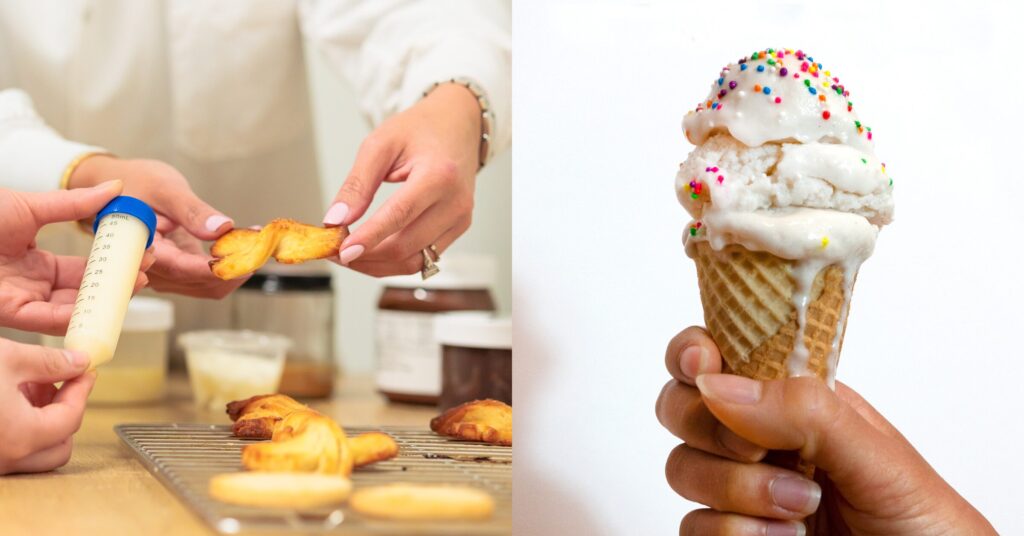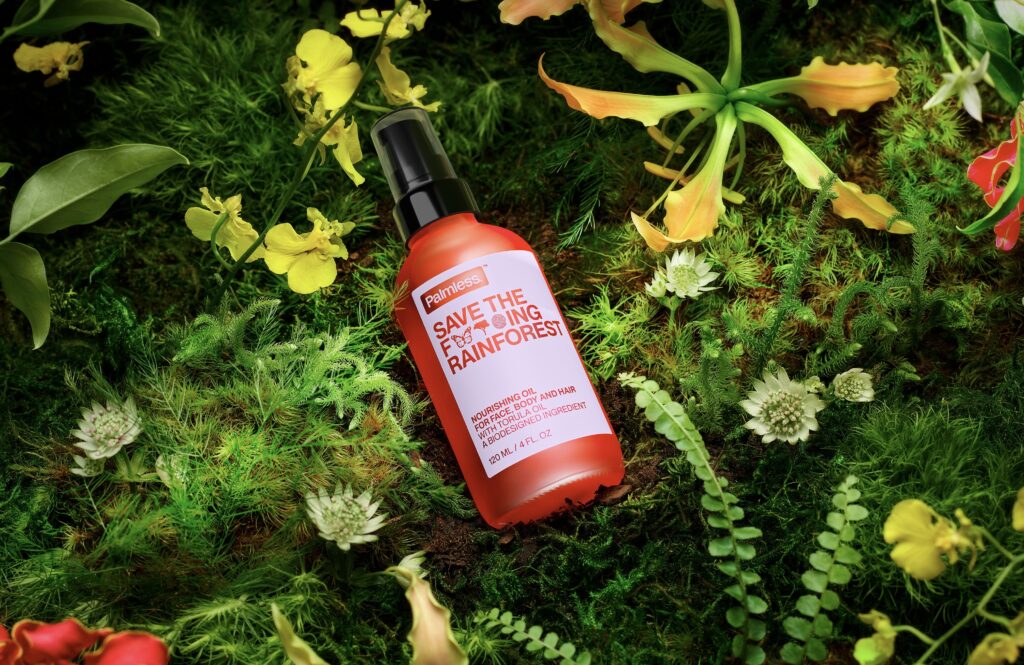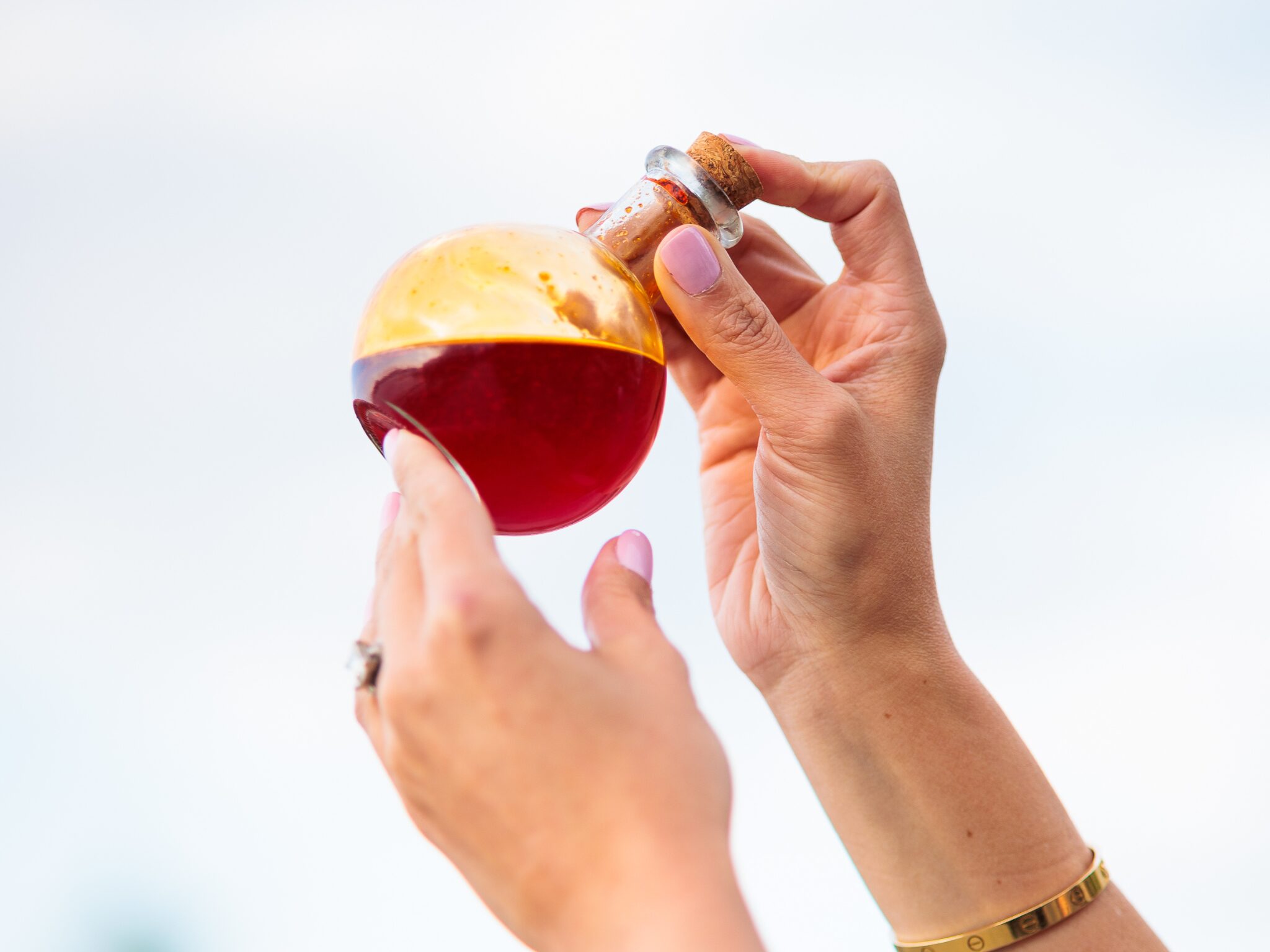C16 Biosciences: Palm Oil Alternative Startup Receives $4.5M in Funding, Including by Gates Foundation
5 Mins Read
New York-based C16 Biosciences has received a $3.5M grant from the Bill and Melinda Gates Foundation, in addition to a $1M investment in October, to expand its Palmless platform and accelerate its path to regulatory approval.
C16 Biosciences, which makes precision-fermented palm oil alternatives, has earned fresh funding in the form of a $3.5M grant from the Gates Foundation, as well as a $1M equity investment by Elemental Excelerator in October, bringing its total funding to $34M.
This isn’t the first time Bill Gates has backed the company financially, his VC fund Breakthrough Energy Ventures led C16’s $20M Series A round in 2020. C16 aims to use the latest investments to continue the growth of its palm oil alternative platform, Palmless, create a proof of concept for products for the food and personal care industries, and advance regulatory approval.
“C16 Biosciences is taking pivotal steps to scale sustainable solutions, starting with palm oil alternatives for consumer products and food,” said Elemental Excelerator founder and CEO Dawn Lippert. “This is an excellent example of how innovation can reshape industries, in this case by replacing an ingredient that is a major contributor to deforestation and the displacement of Indigenous communities.”
C16 Biosciences aims to replace palm oil in the food industry

Founded in 2017, C16 employs precision fermentation to make sustainable and ethical alternatives to palm oil, with a biomanufacturing process that leverages yeast instead of plants. It plans to use the grant funding from the Gates Foundation to expand its consumer brand platform Palmless – which was unveiled in 2022 – by creating food-grade fats and oils via “next-generation”, non-agriculturally derived feedstocks.
To be received over three years, the capital will allow C16 to hire additional R&D staff to support its “novel approach to food security”. The startup says it can unlock a circular economy model that can produce food products and ingredients without dependence on arable land.
The company first began with products for the beauty industry under the Palmless brand, creating Torula oil, which is said to be nearly chemically and functionally identical to palm oil. A USDA BioPreferred-certified oil, it was the base ingredient for the Palmless Save the F#$%ing Rainforest Nourishing Oil, as well as the Rewild Body Block, a soap bar jointly developed by Pangaia and Haeckels. Both these products sold out within 24 hours.
A Best Cell-Based Ingredient winner at FoodBev’s World Cell-Based Innovation Awards 2023, C16 now wants to focus on the food industry. “Creating better oils and fats for use in food has been a critical part of our company’s ambition and strategy from day one, but we’ve waited strategically for the right moment to enter the market,” said C16 co-founder and CEO Shara Ticku.
“Now that we’ve scaled our manufacturing to commercial-scale production and begun generating revenue in the personal care industry, we are ready and eager to expand our solution’s application set to produce high-performance, scalable ingredients for food,” she added. To advance the startup’s efforts, it will use the $1M investment from Elemental Excelerator to pursue FDA Generally Recognized as Safe (GRAS) status.
The company’s feasibility studies have showcased how its oil can work as a deforestation-free replacement for palm oil in foods like ice creams, chocolate and bakery items. C16 is also looking into dairy products and spreads, proteins, infant formula and nutraceuticals, with plans to extend into the home and personal care categories via products like laundry detergent, shampoos and surface cleaners. It has already collaborated with “dozens of beauty brands” to launch products this year.
Palm oil alternatives crop up globally

Palm oil – present in half of all supermarket items, across every category – is a major driver of tropical deforestation, with 90% of the world’s palm oil trees located in the rainforests of Indonesia and Malaysia. One estimate suggests that tropical deforestation is responsible for nearly 20% of all GHG emissions annually.
As the most widely produced oil in the world – accounting for 40% of the total – its production has increased tenfold since 1980, and is set to grow by another 50% by mid-century. The high demand has led to rainforests being cleared and various species killed to make way for palm plantations. Additionally, the industry is linked to human rights abuses, with Indigenous communities losing their lands and villages, and workers exploited with poor working conditions and pay.
But palm oil is ubiquitous in the food industry, thanks to its unique characteristics. It works as a natural preservative, has no taste, smell or colour, is solid at room temperature (owing to the high saturated fat content), and can withstand high temperatures. ). “Palm-based fat works particularly well in bakery products due to its composition, taste and mouthfeel. For example, it helps produce cakes which are light, with a good taste profile which has a pleasant mouthfeel,” explains Catriona Liddle, a scientist at Edinburgh’s Queen Margaret University.
She co-led the development of PALM-ALT, a plant-based fat made from food industry sidestream ingredients that she describes as the “holy grail” of palm oil substitutes. It’s a burgeoning category aiming to disrupt a $70B industry, with a host of startups coming up with new innovations. Fellow British firm Clean Food Group, for example, is making a fermentation-based palm oil alternative too.
In Europe, Estonian startup Äio uses byproducts from agricultural sidestreams for its version – like PALM-ALT – while Dutch company NoPalm Ingredients makes use of waste feedstocks like discarded produce and peelings to make its microbial-fermented substitute. Also in the Netherlands, Time-Travelling Milkman employs sunflower seeds to make a fat alternative that can replace palm oil in various applications. And German alt-chocolate producer ChoViva is working on a palm oil alternative as well.
In the US, Bay Area firm Kiverdi is making a sustainable substitute to palm oil using captured carbon, and Wisconsin-based Xylome has developed a yeast-derived alternative called Yoil. Meanwhile, the offering by San Diego’s Genomatica – backed by Unilever – is suited for personal, home and cleaning products, and Ohio-based Locus Ingredients’ alternative is similar, using fermentation to replace palm-based ingredients and chemical surfactants.
Finally, scientists at Singapore’s Nanyang Technical University are working on replacing palm oil with microalgae fat, which is said to have better health and eco credentials.
“When we look at the problems associated with the palm oil industry – from deforestation to greenhouse gas emissions – creating a viable alternative in food represents a tremendous opportunity to make a real impact,” said C16’s Shiru.



